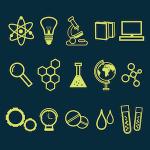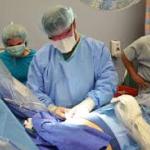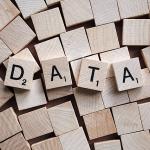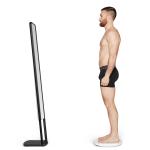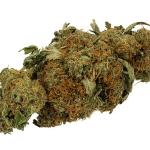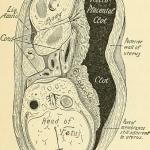Neil Sedaka once noted that breaking up is hard to do. Even harder, it seems, is doing good science. Why?
Other Science News
A male physician in Texas, Gary Tigges, MD, faced a rude awakening when comments he believed would remain priv
The headline read, "Dental care before cancer surgery might be good idea."
You may have recently read about a teacher who was hospitalized and treated in Texas with four stents for an often fatal type of heart attack.
Dr. Wells, my colleague and friend, and I frequently disagree about medical privacy issues.
For those who consider themselves to be body conscious, and are at ease with technology taking a very close look at their physiques to help improve appearances, there's a new, eye-opening device to consider.
The push to first medicalize (30 states) and then legalize for recreation (eight states and the District of Columbia), the use of marijuana is well underway.
Winston Churchill once described Russia as "a riddle, wrapped in a mystery, inside an enigma." Today, Russia is far less complicated but still perplexing.
In a trend described as “shocking,” news outlets are
“In the United States, women are routinely forced to undergo cesarean section, episiotomies and the use of forceps, despite their desire to attempt natural vaginal delivery.
